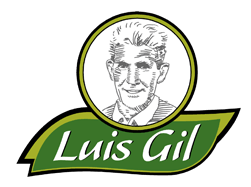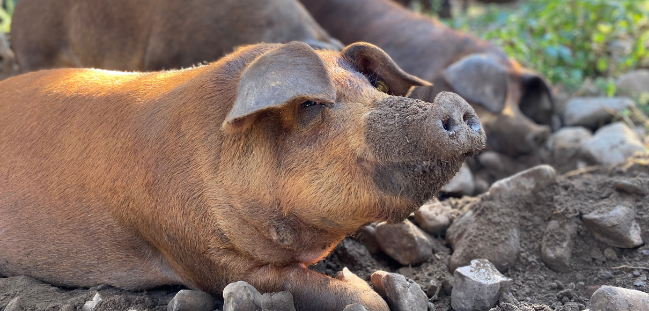Do you know the One Health concept?
Bruno González Zorn, Professor of Animal Health and Director of the AB Resistance Unit of the Complutense University of Madrid, explains it this way: “It is a work philosophy that emerged approximately 20 years ago… where animal health, human health and health environmental are completely involved in a process that we call One Health.”
This concept was introduced in the early 2000s and proposes a global collaborative approach to understanding the risks to human, animal and ecosystem health.
If the pandemic has made one thing clear to us, it is that the health of animals, the planet and people are closely related.
Diseases of animal origin to which humans are sensitive, such as avian flu, rabies, and more recently COVID19, pose a serious risk to public health.
According to data from the World Organization for Animal Health (ILO), at least 75% of the pathogens of emerging human infectious diseases (including Ebola, HIV or coronavirus) have animal origin. Of every five new diseases that appear each year, three are of animal origin.

Therefore under this World Health Organization “One Health” approach It proposes designing and applying programs, policies, laws and research in which multiple sectors communicate and collaborate to achieve better public health results.
“We can only prevent future pandemics with a One Health approach,” Tedros Adhanom, director general of the WHO, recently stated.
Areas of work where the One Health approach is particularly relevant are food safety, the control of zoonoses (diseases communicable between animals and humans) and the fight against antibiotic resistance (when bacteria, after being exposed to antibiotics, they become more difficult to destroy).
That is why ecological agriculture and livestock farming, in which animal welfare, respect and promotion of the biodiversity of ecosystems, sustainable production and minimization of the use of antibiotics are prioritized, is a great ally in the great challenge that We have ahead of us to create a safer world and global health that at the same time ensures the health of ecosystems, animals and people.
Embutidos Luis Gil's commitment to the 'One Health' approach
At Embutidos Luis Gil, as ranchers, we are aware of our responsibility and reaffirm our commitment to these practices that are respectful of the environment and the health of our animals. In our ecological agriculture and livestock project we minimize our impact on the environment and raise healthy animals, committed to guaranteeing the well-being of our piglets, raising animals that strengthen their immune system naturally and not through antibiotics and unnecessary medications. In this way we guarantee the quality and safety of our ecological products and ensure the future for new generations.



